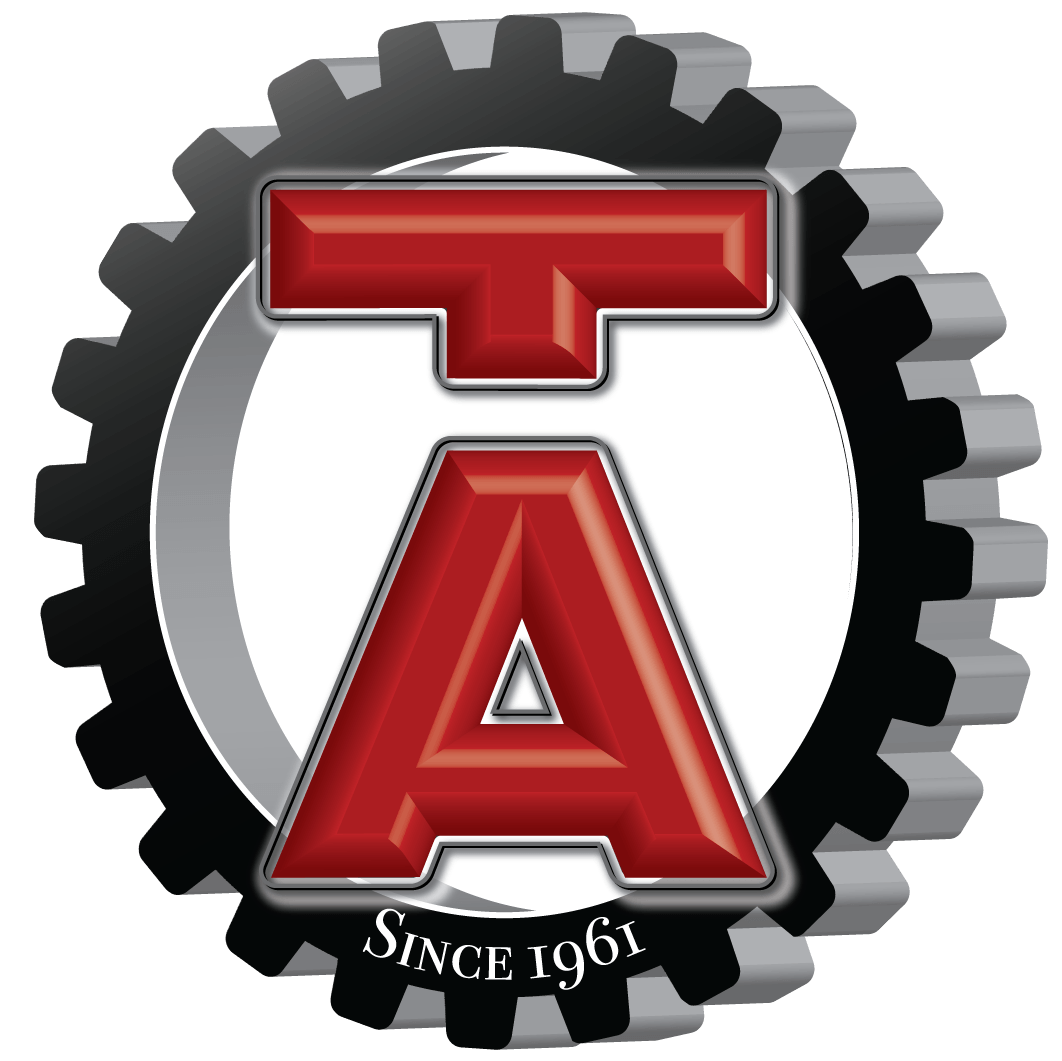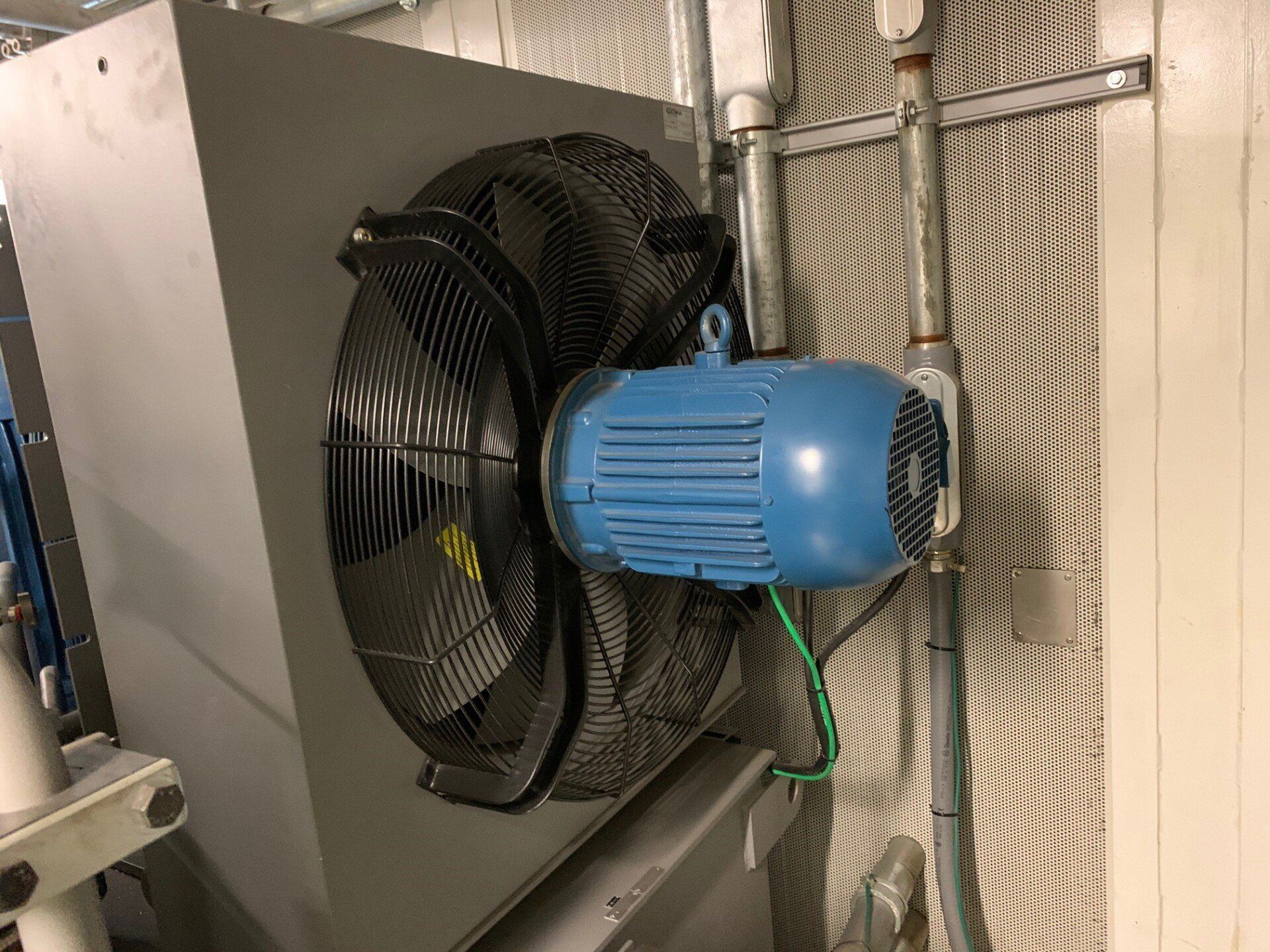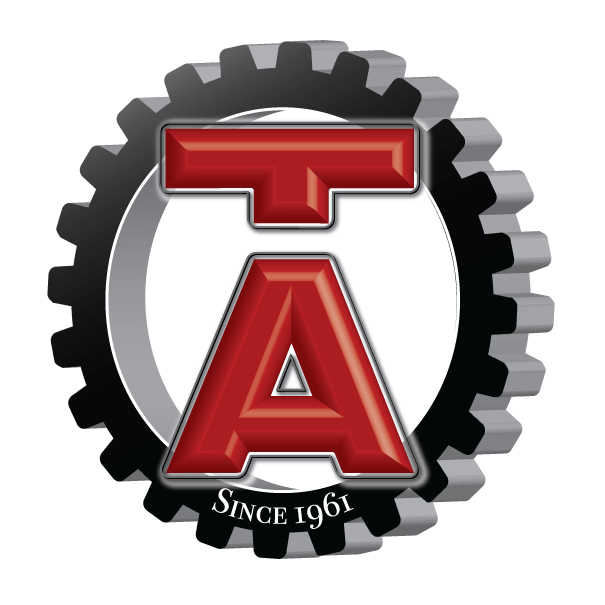ISO CATEGORY I
Entry Level Seminar
Are you just learning about Vibration Analysis? Do you know you need to learn more, but do not know where to start? Our Entry Level course is designed specifically to help build a strong foundation for those just learning about the powerful PdM tool of Vibration Analysis.
Seminar Agenda
- Predictive Maintenance and Machine Vibration:
- Introduction to Maintenance Systems
- Types of Maintenance Systems
- Reactive Maintenance - Run-To-Failure
- Proactive Maintenance - Preventive
- Proactive Maintenance - Condition Monitoring
- Proactive Maintenance - Predictive
- Proactive Maintenance - A Broad-Based System
- Reliability Based or Centered Maintenance
- Total Productive Maintenance
- Computerized Maintenance Management System (CMMS)
- Predictive Maintenance Program (PdM)
- Vibration Analysis
- Goals of a PdM
- Continuous Monitoring System
- Periodic Monitoring System
- Setup of a Predictive Maintenance Program (PdM)
- Steps in a Condition Monitoring Program For a Successful PdM
- Detection
- Analysis
- Correction
- Verification
- Root Cause Analysis
- Machine Vibration - Basic Theory, Part 1:
- Basics of Vibration
- Spring-Mass Systems
- Characteristics of Vibration
- Natural Frequency
- Displaying Vibratory Motion
- In the Time Domain
- In the Frequency Domain
- Preparing For Data Collection:
- Transducers - Choosing a Transducer
- Types of Vibration Transducers
- Transducers - Mounting Locations and Techniques
- Selection Criteria
- Amplitude of Vibration
- Frequency
- Environmental Limitations
- FFT Data Collectors
- Real-Time Spectrum Analyzers
- Data Collection:
- Setting Up a Database
- Machine Identification
- Measurement Points
- Measurement Routes (Lists)
- Downloading a Route
- Selecting Necessary Equipment
- Safety Precautions
- Collecting Data
- Horizontal, Vertical, and Axial Measurements
- Using An Accelerometer
- Storing Data
- Uploading the Route
- Connecting to the Computer
- Uploading the Data
- Storing the Data
- Disconnecting From the Computer
- Report Printouts
- “Last Measurement Report"
- “Exception or Overall Alarm Report"
- “Inspection Code Report"
- “Spectral Band Alarm Report"
- Plot Formats
- Trend Plots
- Narrowband Alarm Spectral Plot
- Spectrum Map Plot
- Machine Vibration - Basic Theory, Part 2:
- Amplitude - The Magnitude of the Motion
- Displacement
- Velocity
- Acceleration
- Root Mean Square, Peak, Peak-To-Peak Conversions
- The Period of Vibration
- Analyzing Frequency Peaks & Amplitude Levels
- Phase Relationships
- From An Oscilloscope
- From A Strobe Light
- From A Photocell or Tach Pulse
- The Data Processing System:
- Data Collectors - Analyzers
- Collection Mode
- Analyzer Mode
- Setting Up the Analyzer
- Frequency Resolution
- Frequency Range
- Auto Range
- Averaging
- Dynamic Range
- Frequency Definition
- Data Analysis:
- Definitions of Terminology
- Synchronous versus Subharmonic
- Synchronous versus Harmonic
- Nonsynchronous
- Modulation
- Spectral "Pattern" Recognition
- Diagnosing Vibration Problems
- Mass Unbalance
- Misalignment
- Bent Shaft
- Pump & Fan Problems
- Soft Foot
- Mechanical Looseness
- Gearbox Analysis, Gear Frequencies
- Motors
- Pump & Fan Problems
- Rolling Element Bearings
Seminar Fee: $1995
A 5% DISCOUNT will be given for full payments received at least 60 DAYS prior to the seminar start date.
Seminars Fees include textbook, breaks and lunches.
When registering for a seminar, please do not forget to fill out the SEMINAR REGISTRATION FORM either before or after visiting our ONLINE STORE to make sure we have all the correct information needed to properly fill out all Certificates, as well as the information we need to best tailor the seminar to meet your individual needs based on the instrumentation used at your company.



